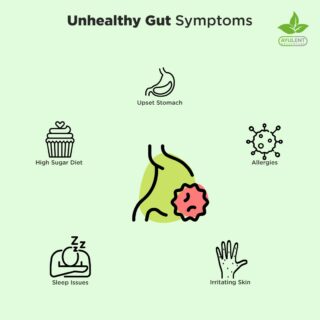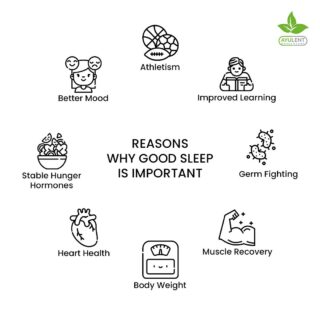
Sleep and Magnesium supplements and much more
By: Ayulent Healthcare
Have difficulty in falling asleep!!! Even after trying melatonin?? Here’s the one supplement that you need to try – which is Magnesium. Sleep cycles are totally thrown off if the magnesium levels are low. With magnesium, the central nervous system seems to be quiet reducing the overall stress and bringing the body to a calm state and give good sleep. Magnesium is an important element in many of the biological functions from the functioning of muscle to nerve. It is also now accepted as preventive medicine for migraine headaches. Magnesium is the key that is used to start hundreds of metabolic processes.
Apart from this major benefit Magnesium is required for many other tasks. It also plays a role in keeping the heart beating and keep the immune system strong. It also helps in regulating hundreds of body systems, right from blood pressure, blood sugar, muscle, and nerve function. It is found low in people with a poorly balanced diets, people who take diuretics, etc., Also the choice of food affects the body’s ability to use the magnesium one takes in.
Women should be consuming 320mg per day and that of men 420 mg per day. One of the common signs of if you are deficient in magnesium is cramps. Some of the other symptoms usually observed are mood changes, depression, anxiety, impairments in learning and memory. All of these are reversible when the magnesium intake is fixed to the appropriate level.
Supplementing with magnesium is associated with cardiovascular benefits and also helps in preventing other health conditions. A major benefit of supplementing magnesium has also been seen in bone health and osteoporosis as it is shown to increase the density of the bone and prevent any incidents of fracture. When magnesium is supplemented for a continuous period of a month it is observed to have lowered the bone loss. Along with Magnesium Vitamin D also plays a major role in maintaining bone health. Magnesium helps in the absorption of vitamin D. It is the one that helps in keeping the magnesium active.
Some of the early signs of magnesium include nausea, vomiting, fatigue, weakness. If it gets worsen the symptoms which show up are numbness, tingling, cramps, abnormal heart rhythms, coronary spasm.
Some of the foods which are high in magnesium are nuts, avocados, beans, leafy vegetables, whole grains, edamame, yogurt, peanut butter, dark chocolate.













































